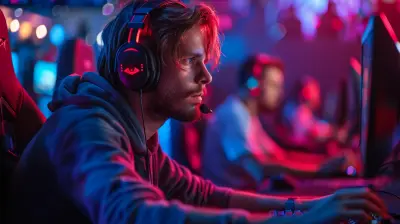Why Diversity Matters in Gaming Competitions
27 August 2025
Gaming has come a long way from being just pixelated screens and 8-bit music. It’s now a global phenomenon, an ever-evolving universe where anyone from anywhere can plug in and compete. But here’s the kicker — for a space that's so expansive and varied, competitive gaming isn’t always as diverse as it should be.
So, why does diversity matter in gaming competitions? Why are more diverse voices, backgrounds, and experiences a big deal in esports and competitive gaming spaces?
Stick with me — we’re going deep into the heart of competitive gaming and unpacking why representation isn’t just a checkbox. It's the engine that drives better performance, bigger growth, and a stronger, more inclusive community.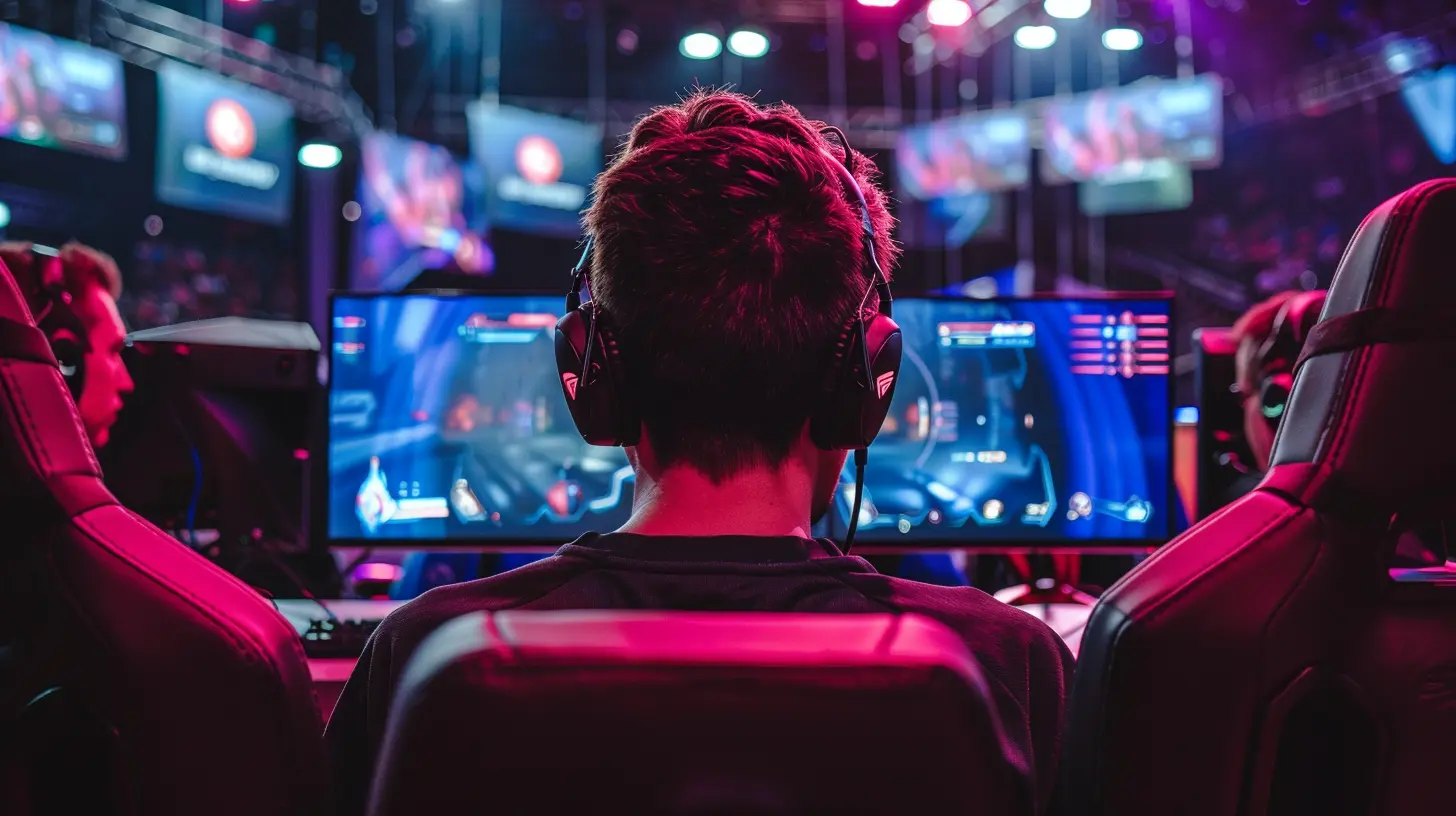
The Power of Representation in Competitive Gaming
Let’s start with something we all know: representation matters. In every space — movies, sports, politics — seeing someone who looks like you or shares your life experiences can be inspiring. Gaming's no different.Imagine being a young Black girl who loves gaming but never sees Black gamers, let alone women, on the main stage of popular tournaments. It sends a silent message, doesn’t it? One that unintentionally (or sometimes intentionally) says, “This isn’t for you.”
By fostering diversity in gaming competitions, we shatter that barrier. We tell people from all backgrounds: “You belong here.”
When Players See Themselves, They Believe in Themselves
It’s simple. People are more likely to participate if they believe there’s a place for them. Seeing diverse players dominate on-screen opens doors in players’ minds. Suddenly, the idea of becoming a pro gamer becomes realistic — not just a dream.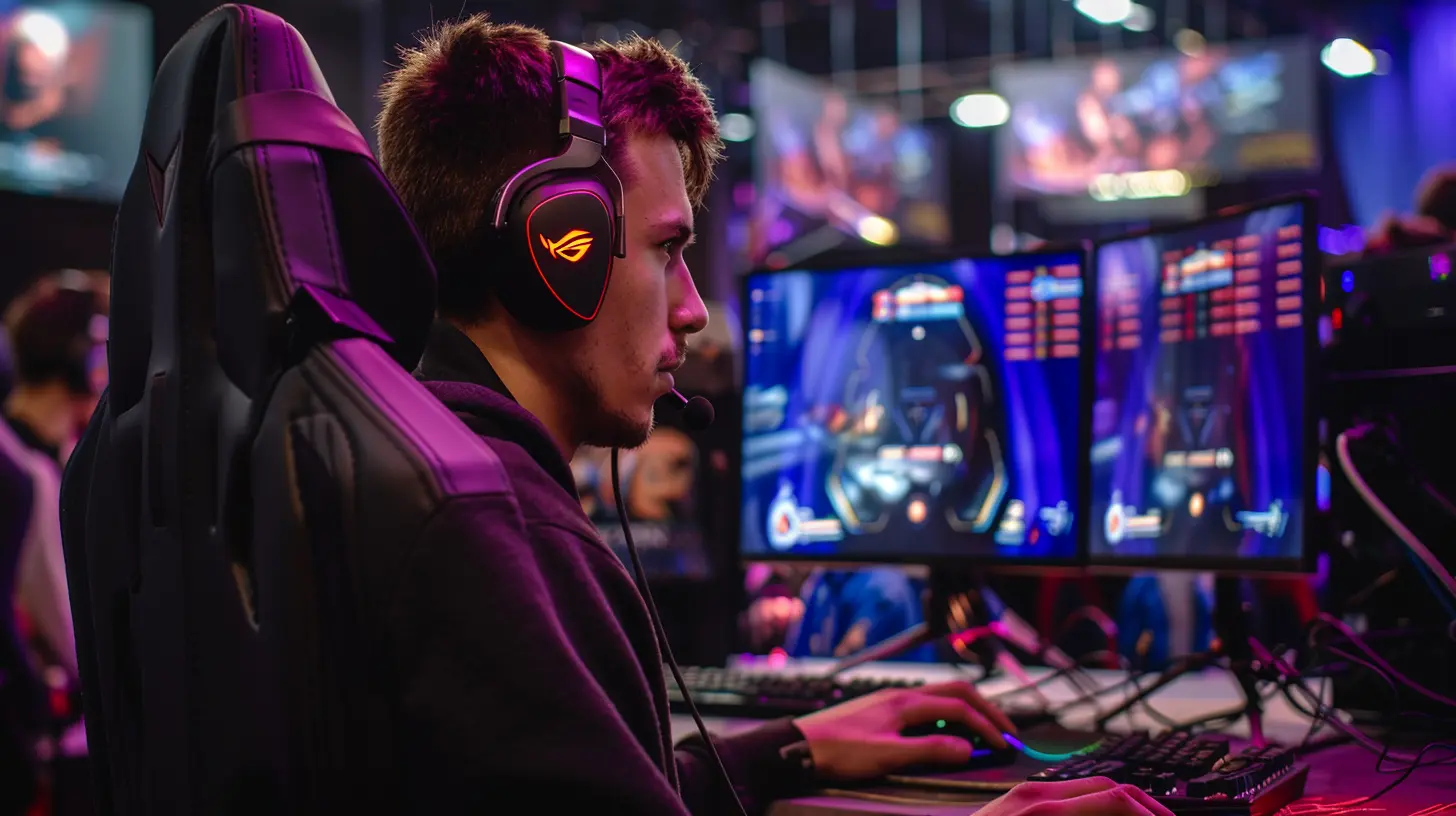
Breaking Stereotypes and Prejudice
For years, gaming has been plagued with stereotypes: the "guy in the basement" label, the idea that only certain races are good at specific types of games, or that women aren’t competitive enough for esports. Come on — it's 2024. Those outdated ideas need to be kicked to the curb.Diverse Players Challenge the Norms
When people from different backgrounds join competitive gaming, they naturally challenge stereotypes. A Middle Eastern FPS champion. A trans woman leading a MOBA team. A South American teen crushing it at fighting games. These narratives dismantle the idea that only “certain types” of people can thrive in competitive gaming.Less Bias, More Respect
Regular exposure to diverse talent reduces unconscious bias. The more you compete with and against people of different races, genders, and identities, the more your brain learns to judge based on skill — not assumptions.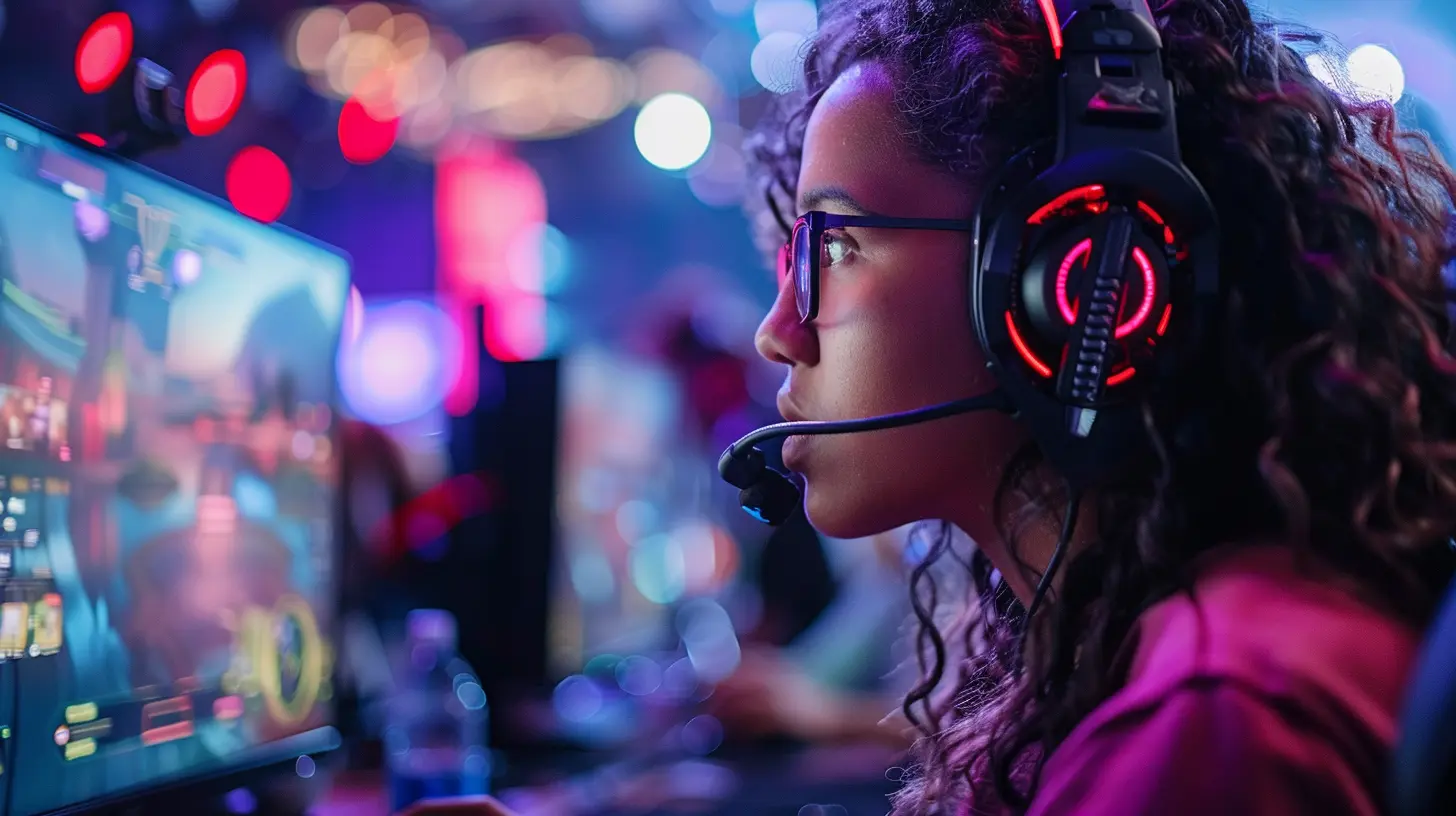
A Richer, More Creative Meta
Let’s talk strategy. Gaming isn’t just about quick reflexes — it’s problem-solving, timing, team dynamics, and creativity. What if I told you that diversity actually improves the strategy meta?Different Backgrounds Lead to Different Playstyles
A player from a different culture may bring a completely fresh approach to a game. Think of gaming styles like flavors. Sure, vanilla is reliable. But what about mango-chili or matcha-strawberry? When different perspectives meet, new tactics emerge — and they often turn the meta upside down.Games evolve faster when new strategies are introduced. And who introduces them? People who think differently. That’s diversity in action.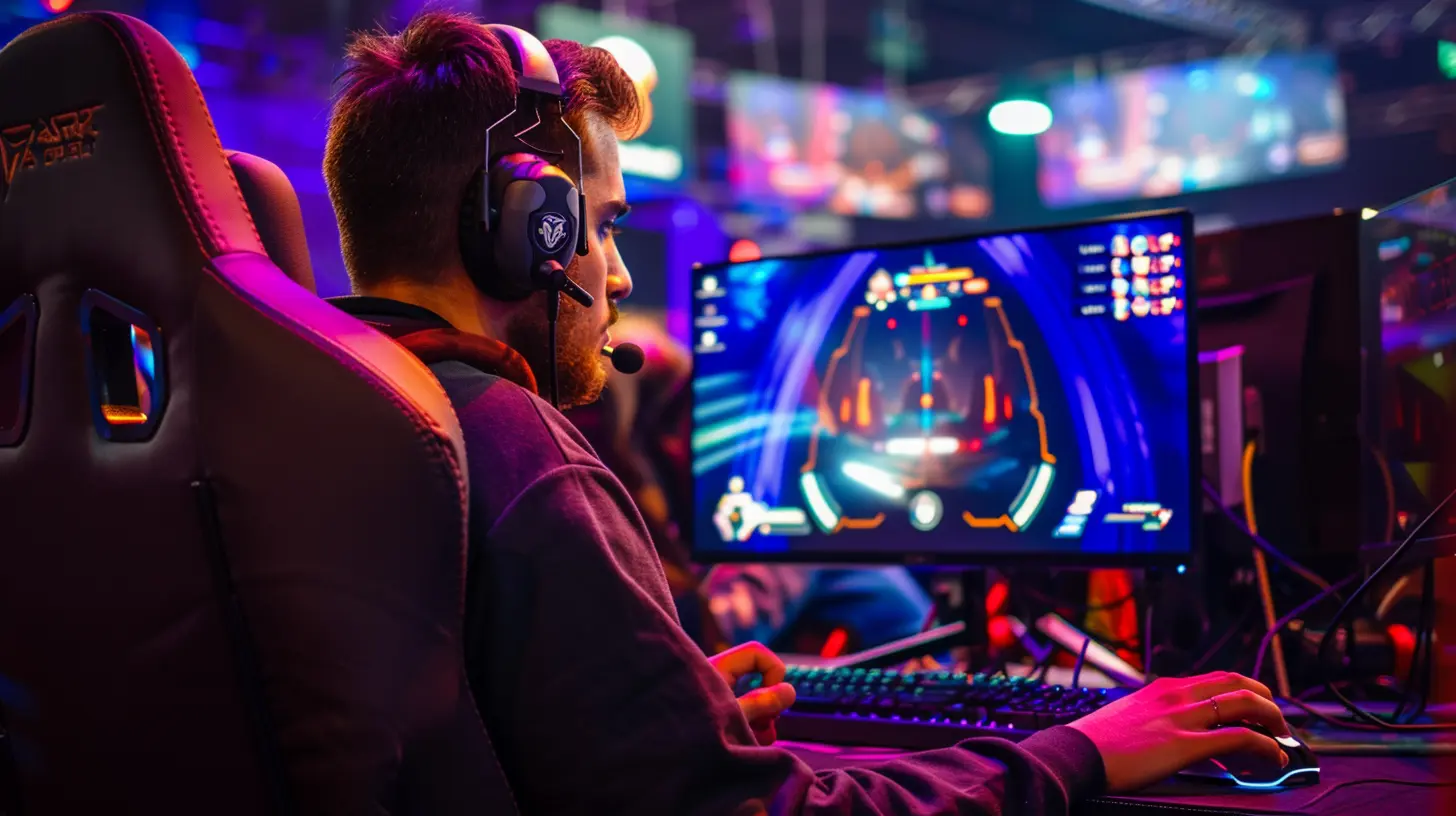
Growth of the Industry = Inclusion
Want gaming competitions to go mainstream? Want them to rival traditional sports in revenue, viewership, and cultural impact? Then inclusivity isn’t optional — it’s essential.Bigger Audiences
Different players attract different communities. Fans want to support people they identify with. So having more diverse players means more fans tuning in. The numbers don’t lie — tournaments that showcase inclusive talents often see spikes in engagement and viewership.Sponsorship Appeal
Brands love diversity. It shows them as progressive, forward-thinking, and socially aware. So, a diverse gaming competition? That’s marketing gold. More sponsorships mean higher prize pools and more opportunities for everyone.Accessibility and Opportunity Go Hand in Hand
Talent is everywhere. Opportunity? Not so much.Many players from marginalized communities don’t get the same access to equipment, high-speed internet, coaching, or safe gaming environments. When competitive gaming actively reaches out to those communities, it helps level the playing field.
Grassroots Tournaments: A Game-Changer
Grassroots events and local competitions aimed at underrepresented groups have already shown incredible success. Take the Women in Games tournaments or AfroGame, for example. They give people a launchpad — a place to shine.Inclusion Builds Stronger Teams
In team-based esports like League of Legends, Valorant, or Overwatch, the chemistry between players can make or break a game. And research proves that diverse teams are smarter, more creative, and better at problem-solving.Communication Breakthroughs
When people from different backgrounds collaborate, they’re forced to communicate better. They can’t lean on assumptions or habits. This makes the team more adaptable and resilient.Diverse Teams Read the Game Differently
Ever seen a team pull off a wildly unconventional play and win? Chances are, it came from a player who saw the game from a unique angle. Put five players with the same background together, and you might get a stable team. Mix it up, and you might get brilliance.Mental Health and Safety in Competitive Gaming
Let’s be honest — competitive gaming can be really tough mentally. Pressure, criticism, online abuse — it’s a lot.Now imagine going through all that and having your identity attacked.
Inclusive Spaces Are Safer Spaces
Diverse environments often foster more empathy. When people feel seen and respected, they’re less likely to burn out or suffer from mental health issues. Organizers who prioritize diversity are also more likely to put anti-harassment systems in place. And let’s be real — that benefits everyone, not just the marginalized.We're Telling Better Stories
Gaming competitions are more than just matches. They’re stories. Good vs. evil. Comebacks. Underdogs. Rivalries. Emotion. And what’s a good story without a little contrast?Diversity Makes Tournaments More Compelling
A female gamer defeating a long-time male champion. A refugee rising through the ranks of a global tournament. An all-Black team dominating the leaderboards. These aren’t just wins — they’re moments. And moments like these inspire the next generation.The Road Ahead: What Needs to Change
So we know why diversity matters. But how do we get there?1. Better Recruitment and Outreach
Game orgs and sponsors need to genuinely recruit underrepresented talent — not as a marketing stunt, but as core members of the community.2. More Inclusive Tournament Structures
That means gender-neutral categories, accessible online qualifiers, and regional events that go beyond major cities.3. Zero Tolerance for Harassment
Toxicity has no place in competitive gaming. Enforcing strong codes of conduct and banning repeat offenders sends a message: be better, or be gone.4. Celebrate, Don’t Just Tolerate
Diversity isn’t a side dish. It’s the main course. Game organizers should spotlight diverse stories, not just include them quietly in the background.Final Thoughts: It's Time for a GG (Good Game) on Inclusion
We’re standing at a pivotal moment in gaming history. Competitive gaming can be the most inclusive sport in the world — one that crosses borders, languages, and identities with ease. But it won’t happen on its own.So the next time you watch an esports tournament or follow a competitive league, look at the players. Ask yourself: who’s missing, and why?
Because the truth is, when diversity wins — we all win. The games get better. The competition gets fiercer. And every gamer, no matter who they are, gets a fair shot.
So yeah, diversity matters in gaming competitions. It matters a lot. And it’s time we all press “Start” on making it happen.
all images in this post were generated using AI tools
Category:
Gaming TournamentsAuthor:

Audrey McGhee
Discussion
rate this article
2 comments
Matilda McKale
This article compellingly highlights how diversity enriches gaming competitions by fostering creativity and innovation. However, it should also address potential backlash and the need for structured support, ensuring that diverse voices are not only welcomed but actively empowered in competitive spaces.
November 24, 2025 at 5:03 PM

Audrey McGhee
Thank you for your insightful feedback! I'm glad you found the article compelling. I appreciate your suggestion to explore the potential backlash and the importance of structured support for diverse voices, and I will definitely consider including these aspects in future discussions.
Vienna Perry
Thank you for highlighting the importance of diversity in gaming competitions. Representation not only enriches the gaming community but also fosters a sense of belonging for players from all backgrounds. Celebrating diverse voices and perspectives can lead to more inclusive and innovative experiences, ultimately benefiting everyone involved. Let’s push for change together!
September 4, 2025 at 4:53 AM

Audrey McGhee
Thank you for your thoughtful comment! I completely agree—diversity enriches gaming and creates a more welcoming community for all players. Together, we can drive meaningful change!

